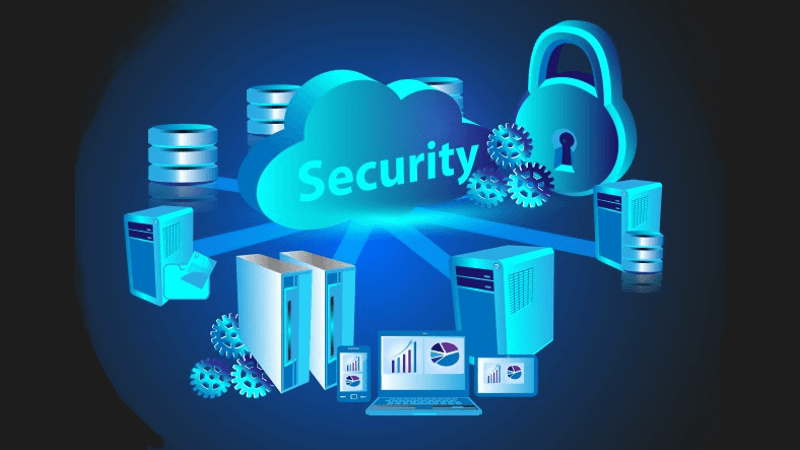ERP Security – Modern enterprise resource planning security mechanisms are constantly changing and improving. So, why are businesses feeling more susceptible than ever? It’s partly attributable to the rapid advancement of digital and cloud technology. As predicted, by 2025, that number will have risen to more than 30 billion and will continue to expand dramatically. Many of these devices are connected to firms’ Industrial Internet of Things (IIoT) networks and, as such, send data into a central ERP system.
A modern cloud erp software is mission-critical for most firms, assisting in unifying all corporate processes under a single system. However, this essential feature may also be a cybersecurity flaw since it serves as a one-stop portal to a wealth of critical data.
How Do Cybercriminals Target ERP Data?
Hackers steal many sources of evidence for various reasons. However, corporate cybercriminals are primarily interested in anything, particularly ERP data, that can be swiftly monetized, whether by extorting the victimized firm or otherwise harming. However, because financial and enterprise resource planning systems are among the most secure, hackers often wreak havoc by obtaining other forms of more accessible data.
IT Security Best Practices for ERP in the Cyber Age
The following are some other best practice fundamentals to assist you in getting the most out of the cloud erp security functionality and features:
- Ensure service level agreements for business operations, incident management, and uptime capabilities are in place. Cloud-based solutions can assist in centralizing these agreements and automating modifications across worldwide businesses.
- Conduct large-scale third-party audits. These independent third-party audits are critical for ensuring cross-business compliance at all stages and supporting initiatives such as Cybersecurity Maturity Model Certification (CMMC) and Zero Trust.
- Encrypt all of your data and concentrate on improving processes, protocols, and project management for all ERP security teams. Patch management, security configuration, vulnerability detection, and threat management.
- Make the required consulting investments in external, world-class cybersecurity specialists to guarantee that all of your staff are well-versed in their risk-reduction duties and responsibilities.
- Ensure that your company has 24/7 monitoring and proactive security management to increase incident response. This covers your ERP and any systems, devices, or IoT assets that a hacker could obtain access to.
- To identify significant actor vectors across the entire attack surface, use a domain-based ERP testing strategy to create a uniform and replicable test procedure.
To Wrap Up!
Mid-market erp software is typically implemented over four to six months. Yet, it may be destroyed in a couple of moments.
As a certified ERP consulting provider, Connected IT Consulting delivers the knowledge and expertise you need to protect your ERP data successfully.
Reach us as soon as possible to see some of our cybersecurity solutions designed for systems and learn how we can safeguard your network, whether hosted on-premises or in the cloud with our erp software services.
Contact Connected IT Consulting’s erp experienced experts today to learn more about our ERP data security services.
To learn more, get in touch with us instantly.
Business Process Mapping
ERP Project Management
ERP consulting
Small Business ERP



